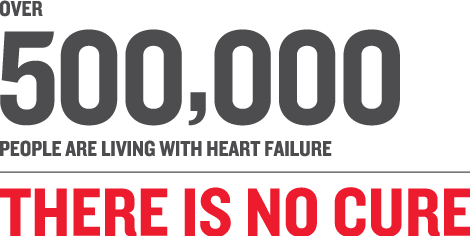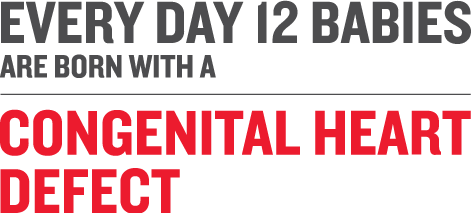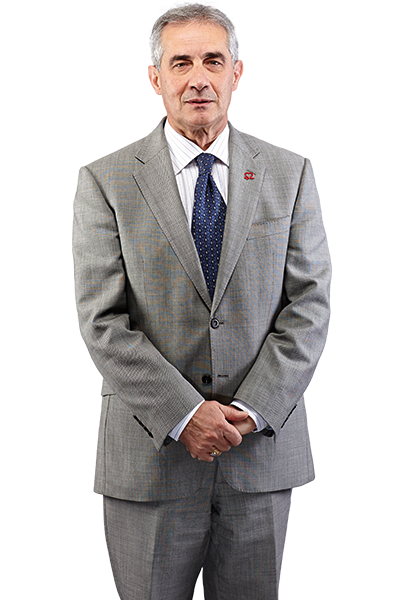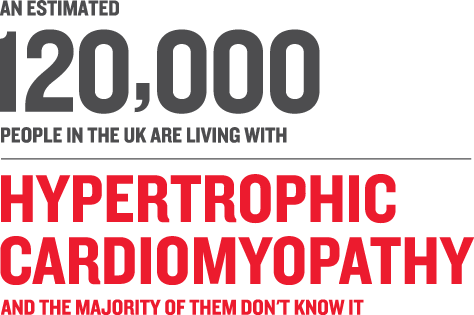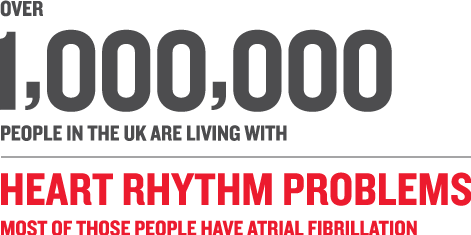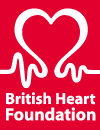
Our Research Strategy 2015–2020
Over the next five years we hope to fund over half a billion pounds of research to improve the prevention, diagnosis and treatment of all heart and circulatory diseases including:
Heart Attack and Stroke
What causes heart attack and stroke?
They are caused by atherosclerosis – the build-up of fatty deposits in the lining of coronary arteries feeding the heart or carotid arteries feeding the brain.
Atherosclerosis can’t be stopped and current treatments can’t reverse it. But there are medicines and other treatments that can slow down its progress and lower the chances of a heart attack or stroke occurring.
Research is helping us better understand atherosclerosis so we can come up with ways to stop its progress.
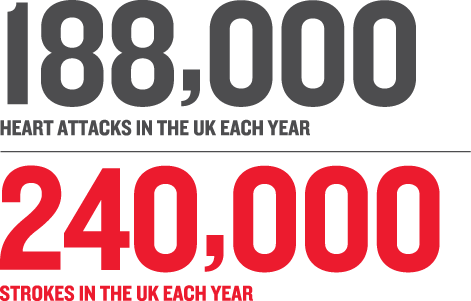
We are committed to supporting research so that no-one dies prematurely from heart and circulatory disease.
Jen's story
Jen was rushed to the Royal Infi rmary of Edinburgh where a new blood test to diagnose a heart attack was being trialled.
“I’d been having chest pains for about a month but as a working mum, I put it down to stress, but then I collapsed at work. I'm genuinely so grateful that my heart attack was spotted – it meant I could get the treatment I needed.”
Jen was diagnosed with a heart attack and treated thanks to a BHF-funded clinical trial. Her heart attack would have been missed using the standard test. Through our new strategy we will fund more clinical trials to find better ways of treating patients with heart and circulatory disease.

Professor Michael Marber
King’s College LondonBHF-funded research has already improved heart attack tests for people like Jen. We’re funding Professor Marber’s team to study a heart protein called MyC that may be even better for diagnosing heart attacks.
“The BHF is funding me through their new Translational Award to develop an even better test that will diagnose a heart attack accurately and more quickly than the current test.”
This new award is a vital part of our new strategy to help fund the research that could one day lead to new tests and treatments that benefit patients.
Find out more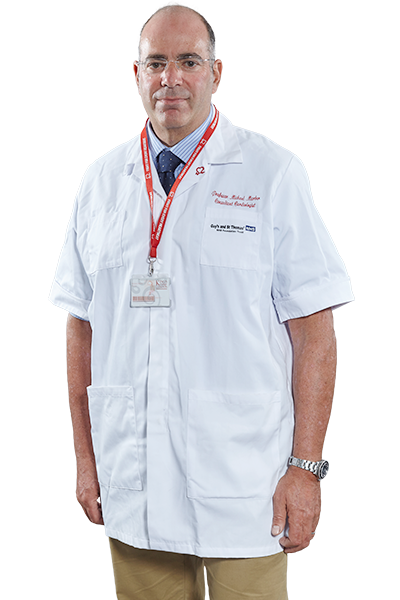
Our Strategy
-
Investing in people
We will fund the most talented people at all career stages and seek to attract outstanding researchers from around the world.
-
Fighting all cardiovascular diseases
We will support research into all forms of cardiovascular disease, whether common or rare.
-
From bench to bedside and beyond
We will continue to fund all types of research into cardiovascular disease, including laboratory studies, clinical studies and population studies.
-
Forging partnerships
We will support research collaborations across borders and disciplines, and join forces with other funders to support more comprehensive research programmes.
-
Targeting unmet needs
We will support research by informaticians, nurses and allied health professionals, and help build research capacity in cardiac and vascular surgery and congenital heart disease.
-
Translation
We will fund research aimed specifically at facilitating the translation of BHF-funded discoveries into patient benefit.
